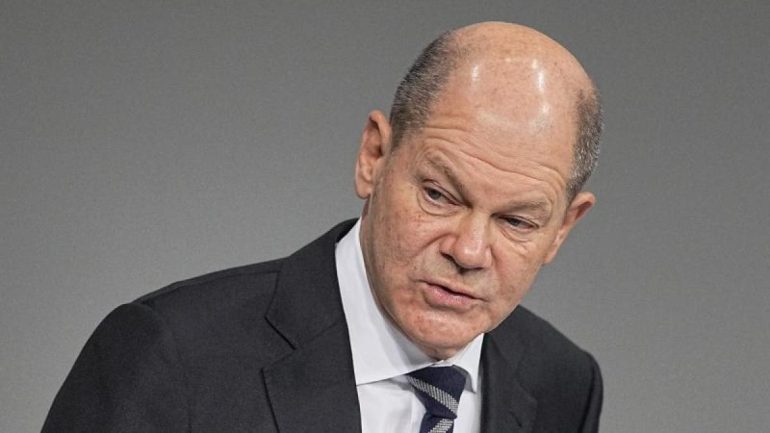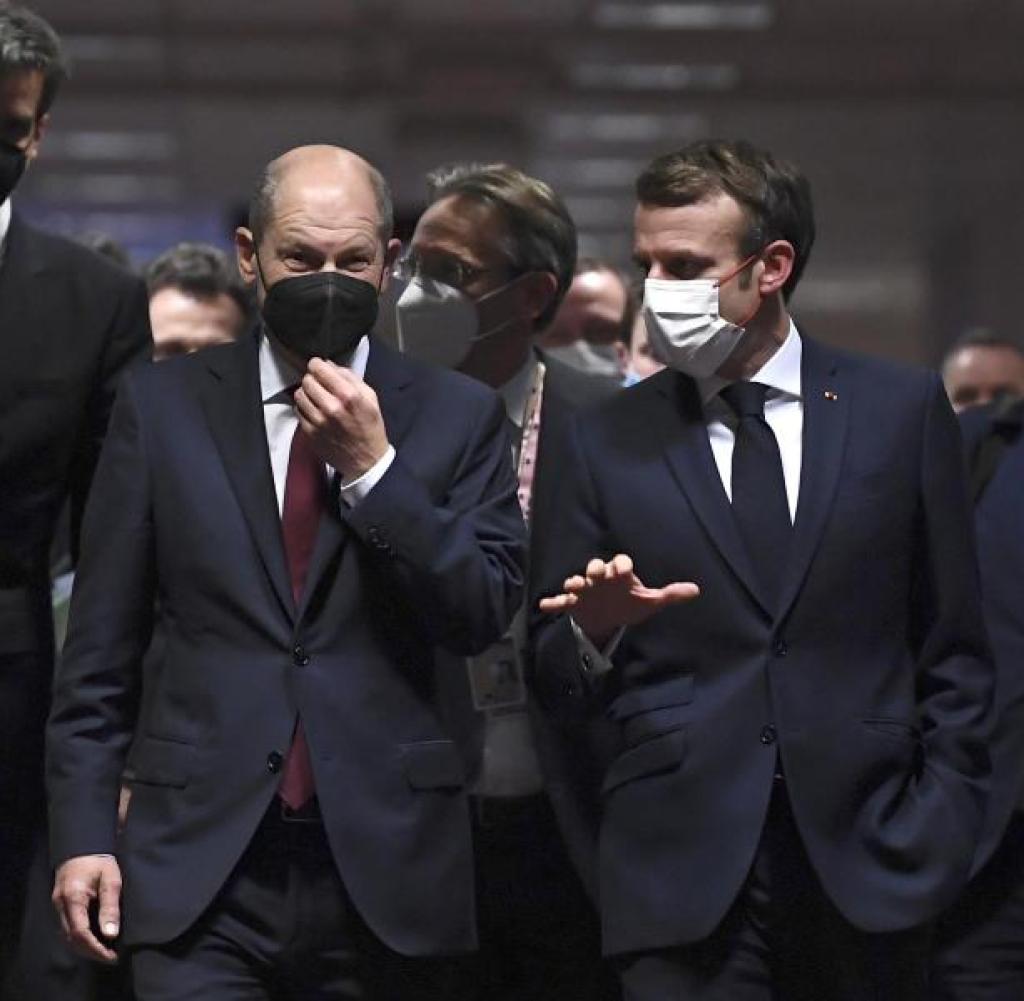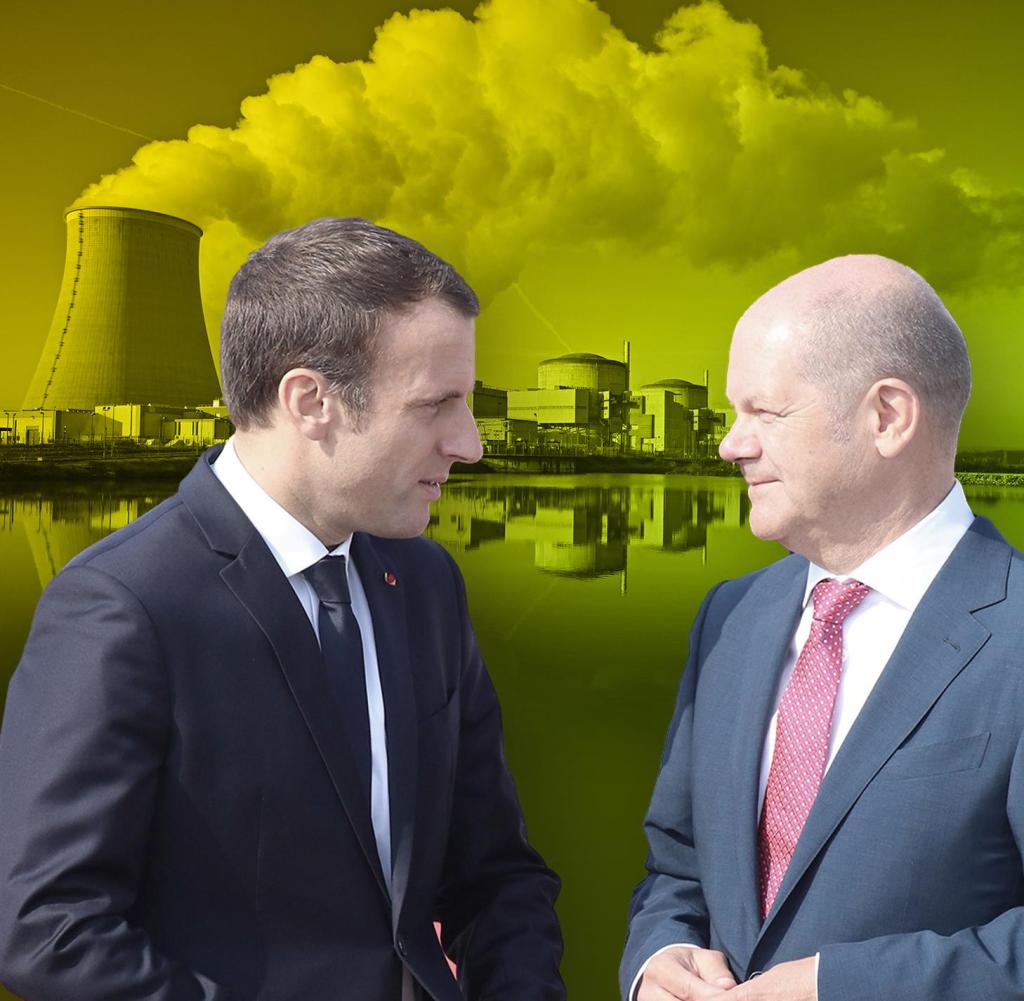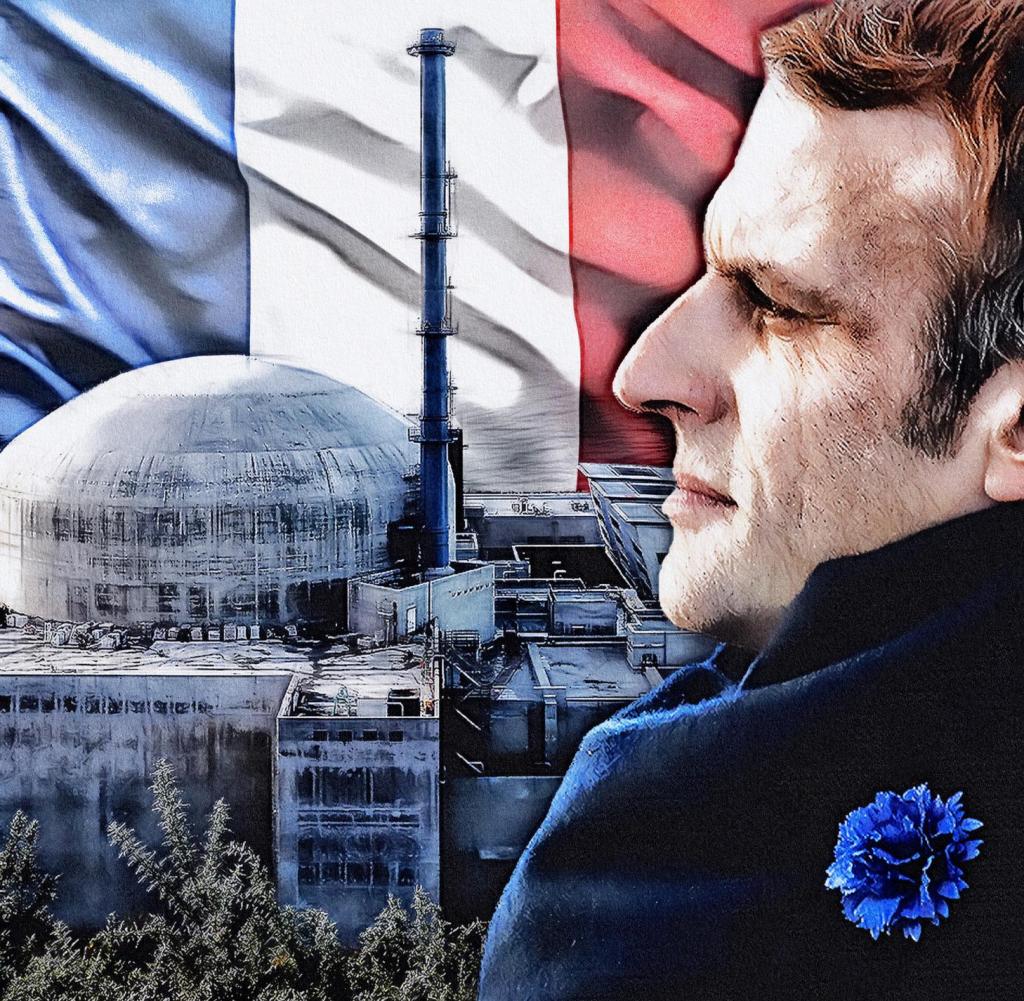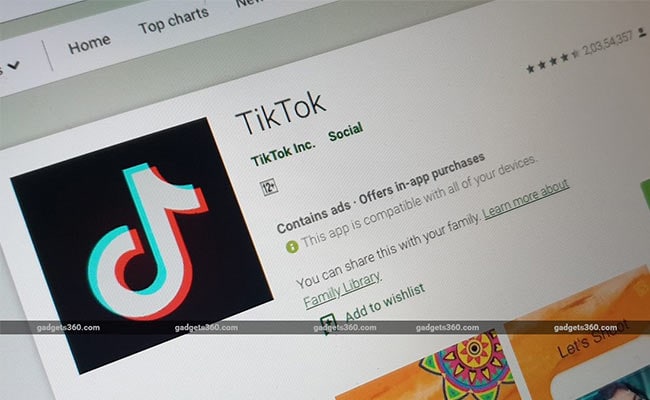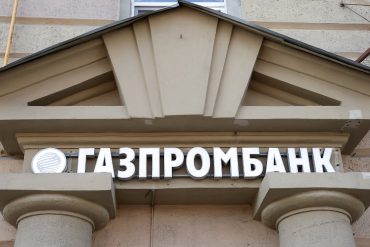“The German authority decides” – Scholz no longer sees a political issue in Nord Stream 2.
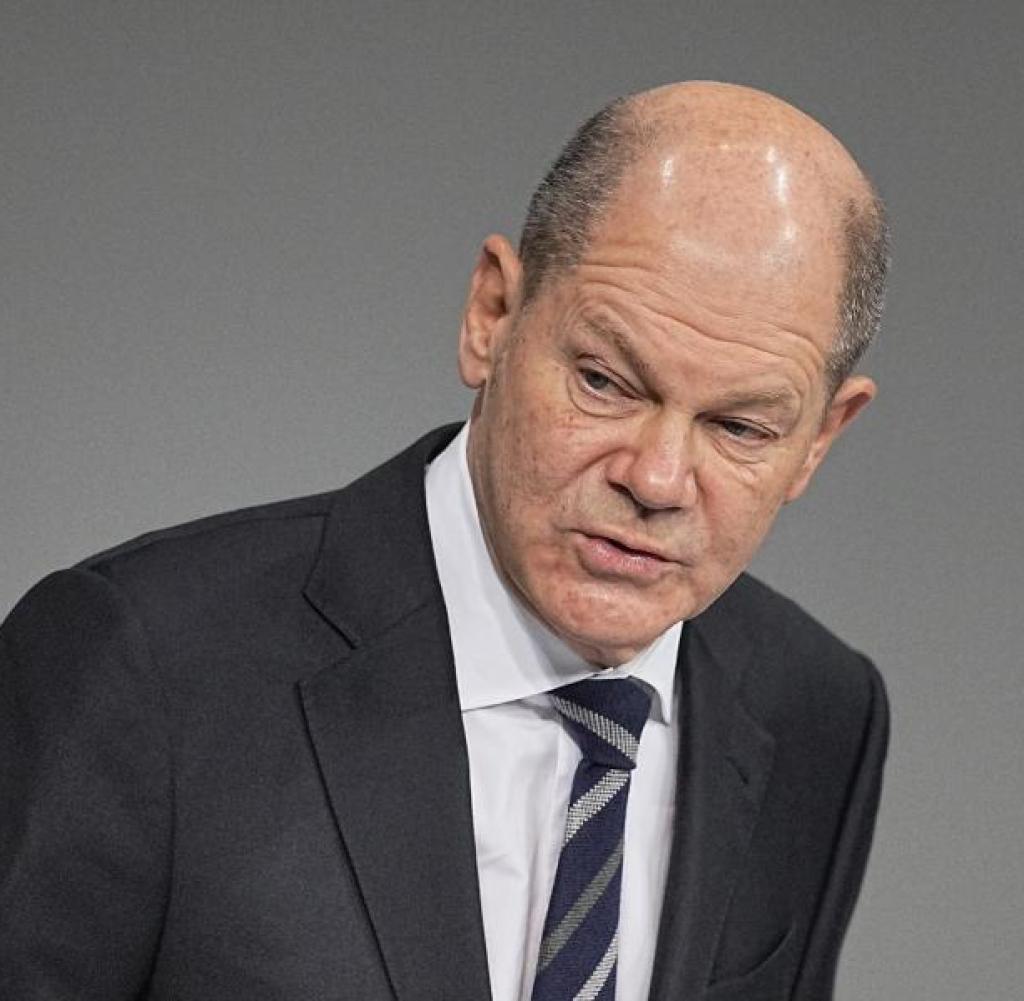

Olaf Scholz (SPD) attended his first EU summit as Federal Chancellor
Source: DPA-Infocom GmbH
Following the EU summit, Chancellor Scholz described the controversial Nord Stream 2 pipeline as a private sector project. Commissioning into an authority would be decided “quite politically”. Scholz considers the debate about the classification of nuclear power to be “overrated”.
bund Chancellor Olaf Scholz (SPD) has spoken out against combining the operating license for the controversial Nord Stream 2 gas pipeline with efforts to mitigate the crisis in Ukraine. “With respect to Nord Stream 2, this is a private sector project,” he said on Friday night after the EU summit in Brussels.
For commissioning, compliance with European law has to be clarified in one aspect. “An authority in Germany decides on this quite non-politically,” the SPD politician insisted. It is “a separate question” from current efforts to prevent violations of Ukrainian borders.
The Baltic Sea pipeline from Russia to Germany was completed weeks ago. The Federal Network Agency decides on the operating permit. The pipeline has long been criticized by the United States, but also by some EU countries. They fear they are too dependent on Russia for energy supplies.
At its summit, the European Union unanimously threatened Russia with retaliation in the event of an attack on Ukraine. In a joint statement by heads of state and government, Russia urgently needs to defuse tensions with Ukraine over the deployment of troops and aggressive rhetoric along the border. Any further military offensive would have “massive consequences and high costs”.
discussion on nuclear power
Scholz also shrugged off the months-long debate about classifying nuclear power as an environmentally friendly technology. “The question is completely exaggerated,” Scholz told a news conference with French President Emmanuel Macron. “It’s about assessing the activities of companies – important for those who want to invest money.”
The intensity of the debate shows that investing money is an important topic, Scholz said. In the end, however, individual countries decide which path they want to take in relation to their path to an emissions-free future.
The background of the statements is a discussion that has been going on for months about the so-called EU classification, which aims to classify which sectors of the economy are considered more environmentally friendly. Citizens and investors should have a clear idea about sustainable financial products.
“We have different models of power generation”
France generates a large part of its electricity from nuclear power and therefore wants to include nuclear power entirely in the taxonomy, something Germany has so far been against. “We have different models of power generation,” Macron said. The taxonomy would have to find a solution that would enable both countries to channel private wealth into their industries.
Scholz said Germany and France are in intense discussions about the design of the taxonomy, including with the European Union Commission.
The Brussels authority is expected to introduce a so-called Delegation Act next week, which may eventually clarify the question. It is believed that some gas and nuclear power plants will be listed in the classification, at least provisionally.
Even though Scholz and Macron worked harmoniously, discussions on the taxonomy stalled negotiations on energy prices, as announced by Council President Charles Mitchell in a separate press conference. At the meeting, the heads of state and government could not agree on a common line on the sharp rise in energy prices.

Introvert. Proud beer specialist. Coffee geek. Typical thinker. Pop culture trailblazer. Music practitioner. Explorer.

